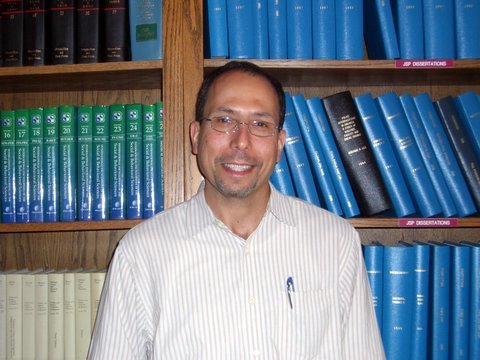"A New World of Law":JFK's Words in Context

The increasingly heated debate over foreign policy between John McCain and Barack Obama has refocused attention on a few words from JFK's inspiring inaugural address of January 20, 1961: "Let us never negotiate out of fear. But let us never fear to negotiate" [for the complete online text].
It is unfortunate that few commentators go on to JFK's fuller elaboration of the point.
Let both sides explore what problems unite us instead of belaboring those problems which divide us.
Let both sides, for the first time, formulate serious and precise proposals for the inspection and control of arms—and bring the absolute power to destroy other nations under the absolute control of all nations.
Let both sides seek to invoke the wonders of science instead of its terrors. Together let us explore the stars, conquer the deserts, eradicate disease, tap the ocean depths, and encourage the arts and commerce.
Let both sides unite to heed in all corners of the earth the command of Isaiah—to "undo the heavy burdens ... and to let the oppressed go free."
And if a beachhead of cooperation may push back the jungle of suspicion, let both sides join in creating a new endeavor, not a new balance of power, but a new world of law, where the strong are just and the weak secure and the peace preserved.
There is much to consider here for our very different foreign policy challenges, but none more important, (or less quoted to my knowledge) the the amazing metaphor of "a beachhead of cooperation," invoking a military invasion, but here one pushing back not an army but a "jungle of suspicion" toward a world primarily defined by the rule of "law."


